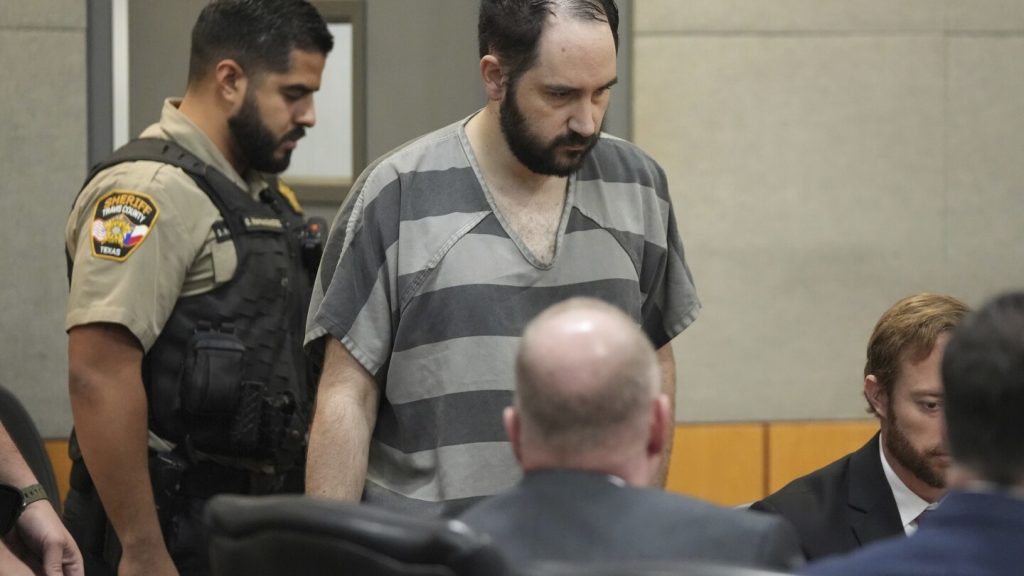Texas Governor Greg Abbott recently issued a full pardon to Daniel Perry, a former Army sergeant convicted of murder in the shooting death of an armed Black Lives Matter protestor in Austin in 2020. Abbott’s controversial decision has sparked outrage among prosecutors and the victim’s family while satisfying prominent conservatives who had demanded Perry’s release. Critics argue that Abbott’s rush to pardon Perry raises questions about a governor’s ability to overturn a jury’s verdict in the future, especially in politically charged cases.
Texas law limits a governor’s power to issue pardons, requiring a recommendation from the governor-appointed Board of Pardons and Paroles. Abbott, who has historically used his pardon authority sparingly, took a different approach with Perry’s case due to its seriousness and political implications. Perry’s conviction in 2023 came amidst nationwide protests against police brutality and racial injustice following the killing of George Floyd. His claim of self-defense in the shooting sparked calls for a pardon from state and national conservatives.
Abbott’s response to Perry’s conviction was swift and unequivocal, with the governor publicly criticizing the jury, demanding a review of the case, and expressing his intent to approve a pardon as soon as it reached his desk. Despite efforts to portray Perry as a racist with potential for future violence, Abbott remained steadfast in his decision. Legal experts, such as Geoffrey Corn from Texas Tech University Law School, have criticized Abbott’s intervention in the case, arguing that it undermines public confidence in the judicial system by injecting partisanship into legal matters.
Perry, who was stationed at Fort Hood at the time of the shooting, claimed self-defense when he shot Air Force veteran Garrett Foster, who was legally carrying a rifle at a protest. Witnesses disputed Perry’s account, stating that Foster did not raise his weapon before being shot. Prosecutors argued that Perry could have avoided violence by simply driving away from the crowd. Abbott defended Perry’s actions, citing Texas’ strong “Stand Your Ground” laws, although critics like David Kwok from the University of Houston Law Center emphasized the importance of jury nullification in ensuring the balance of power between the government and citizens.
Abbott’s background in law, including his experience as an attorney, state district judge, and Attorney General, has shaped his approach to legal issues as governor. While initially known for his deliberative and judicial approach to governance, Abbott’s tenure as governor has shown a shift towards more politically motivated decisions. According to political science professor Cal Jillson, Abbott’s transformation over his decade as governor reflects a move towards greater political engagement and strategic decision-making. The controversy surrounding Perry’s pardon highlights the intersection of legal principles, political influence, and public perception in the Texas judicial system.


